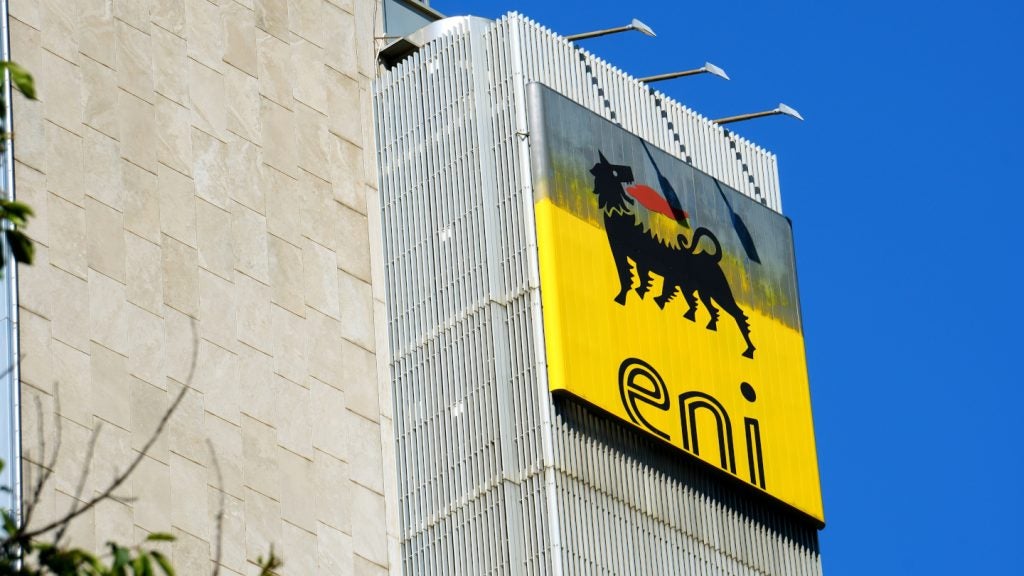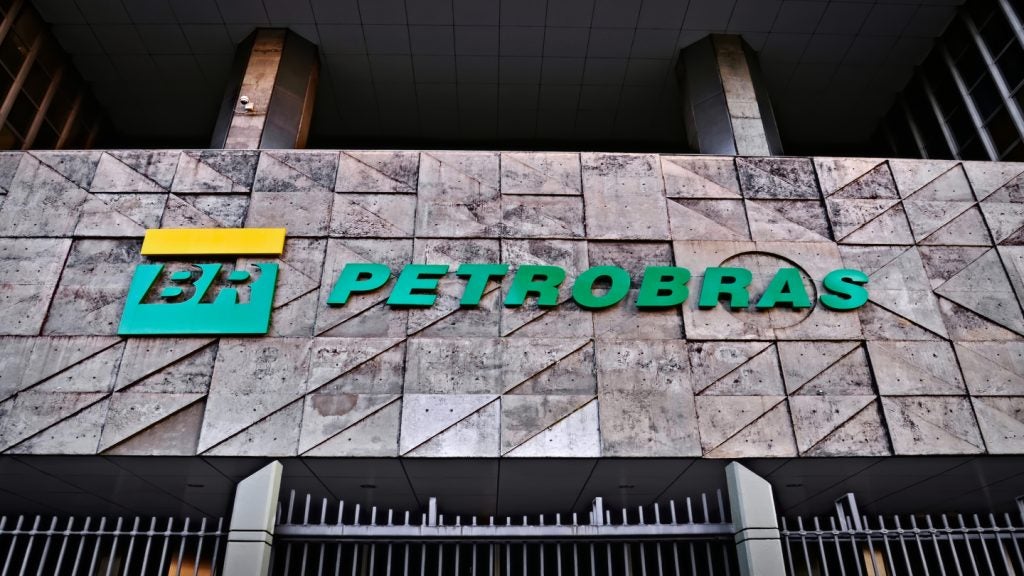ConocoPhillips has been fined £3m for three separate gas leaks on the company’s platform off the Lincolnshire coast between 30 November and 1 December 2012.
The company admitted serious safety failings at Lincoln Crown Court following the gas leaks on the Lincolnshire Offshore Gas Gathering System (LOGGS), which endangered the lives of up to 66 workers onboard.
The LOGGS complex is 70 miles off the Lincolnshire coast and is made up of five interlinked platforms.
As well as having its own wells, the platform also collects natural gas from other platforms in the Southern North Sea and pipes it to the Theddlethorpe offshore gas terminal.
UK’s watchdog the Health and Safety Executive (HSE) carried out an investigation and found that the leaks resulted from maintenance work to replace a pressure control valve on one of three gas turbines.
In order to perform this, the company was required to remove the fuel gas pressure safety valve and a flexible hose.
How well do you really know your competitors?
Access the most comprehensive Company Profiles on the market, powered by GlobalData. Save hours of research. Gain competitive edge.

Thank you!
Your download email will arrive shortly
Not ready to buy yet? Download a free sample
We are confident about the unique quality of our Company Profiles. However, we want you to make the most beneficial decision for your business, so we offer a free sample that you can download by submitting the below form
By GlobalDataDue to deficiencies in isolation and planning, gas leaked out of an open-ended pipe connected to the high-pressure vent system.
The incident is believed to have released around 603kg of produced hydrocarbon gas into the turbine hall.
Another gas release took place on 1 December 2012 after batteries ran down and the isolation valve was immediately closed. The gas accumulating in the turbine hall was also stopped.
On 13 December 2012, HSE issued a prohibition notice to ConocoPhillips (UK) for failing to control the gas releases, which the company confirmed on 21 December that changes were made to LOGGS incident command system in order to avoid these type of incidents again.
HSE inspector John Hawkins said: "There was a failure to identify the risk posed by the high-pressure vent systems when carrying out intrusive maintenance work.
"Our investigations indicate there was a deviation from following procedures fully. The underlying cause of the incident was the inadequate implementation, control and oversight of the permit to work system, and the common isolation procedure."







